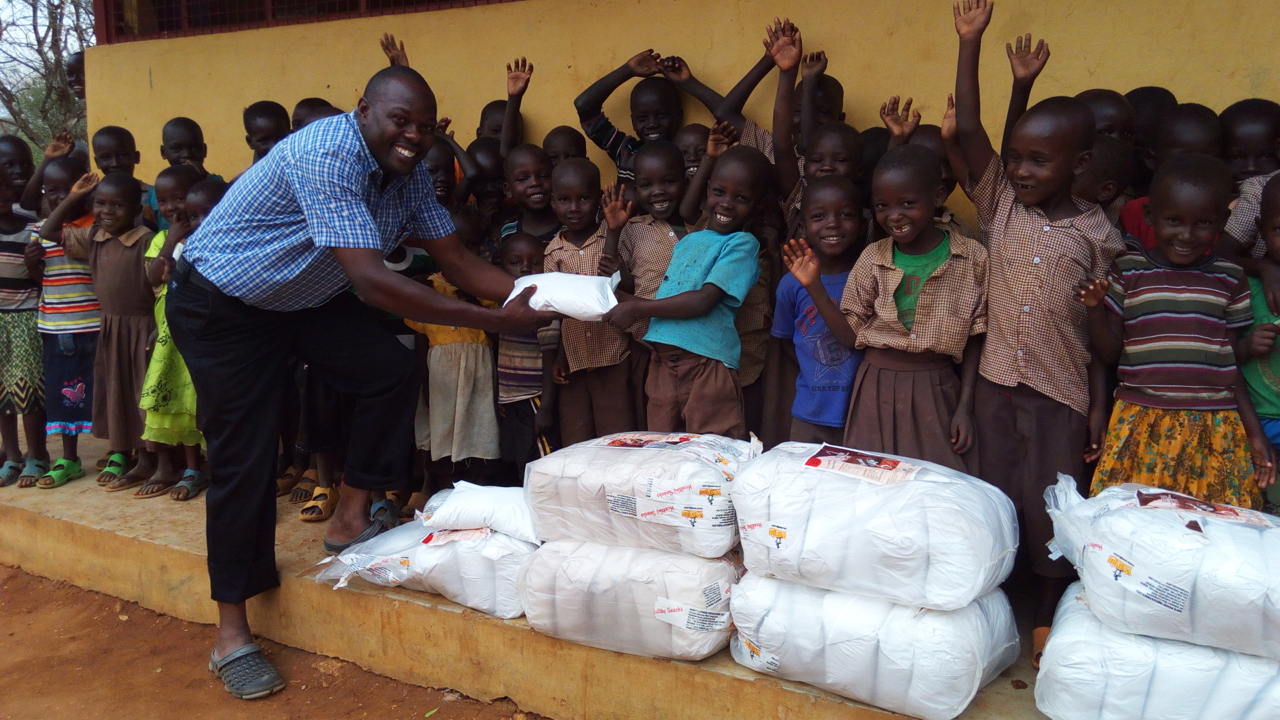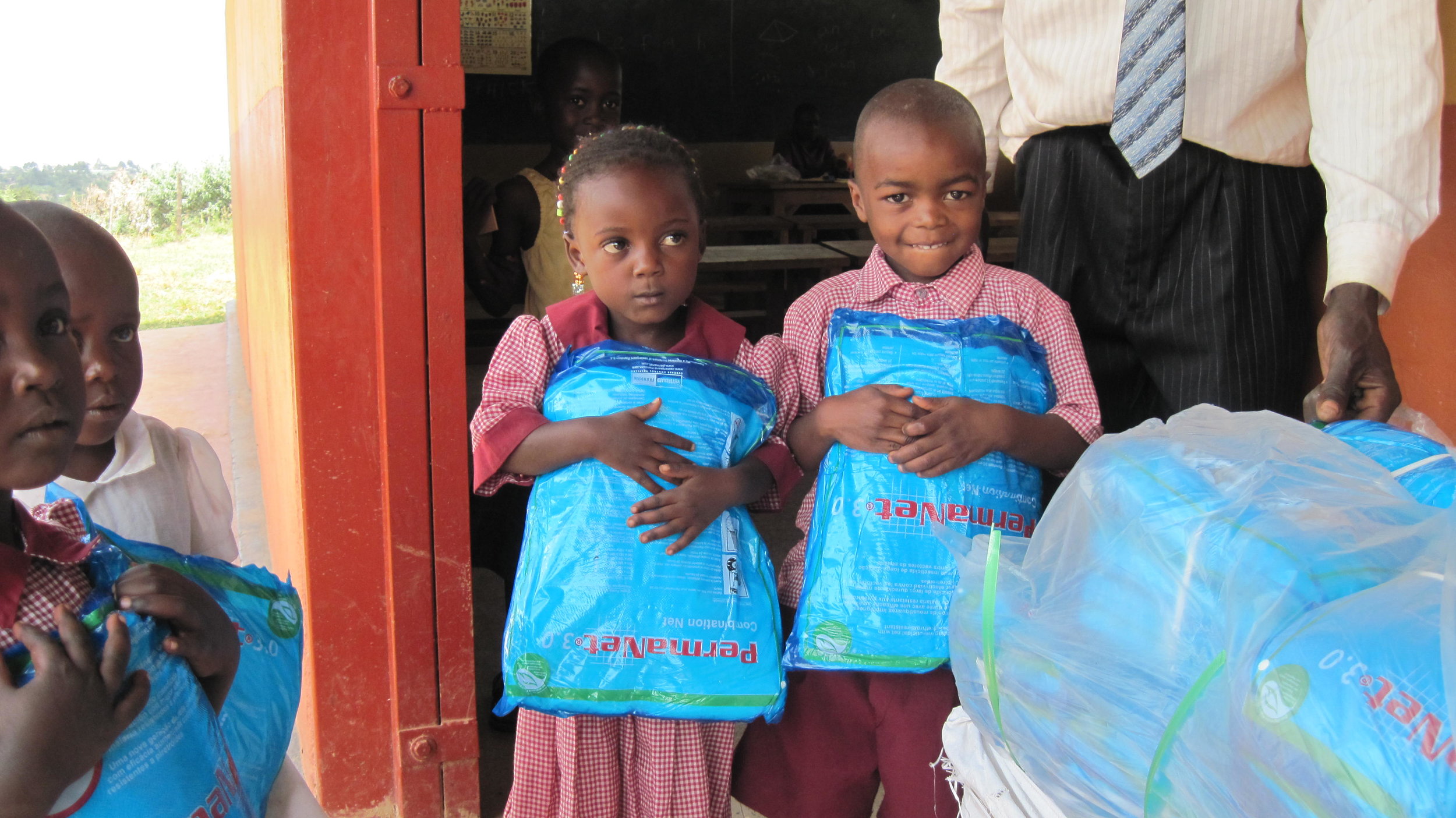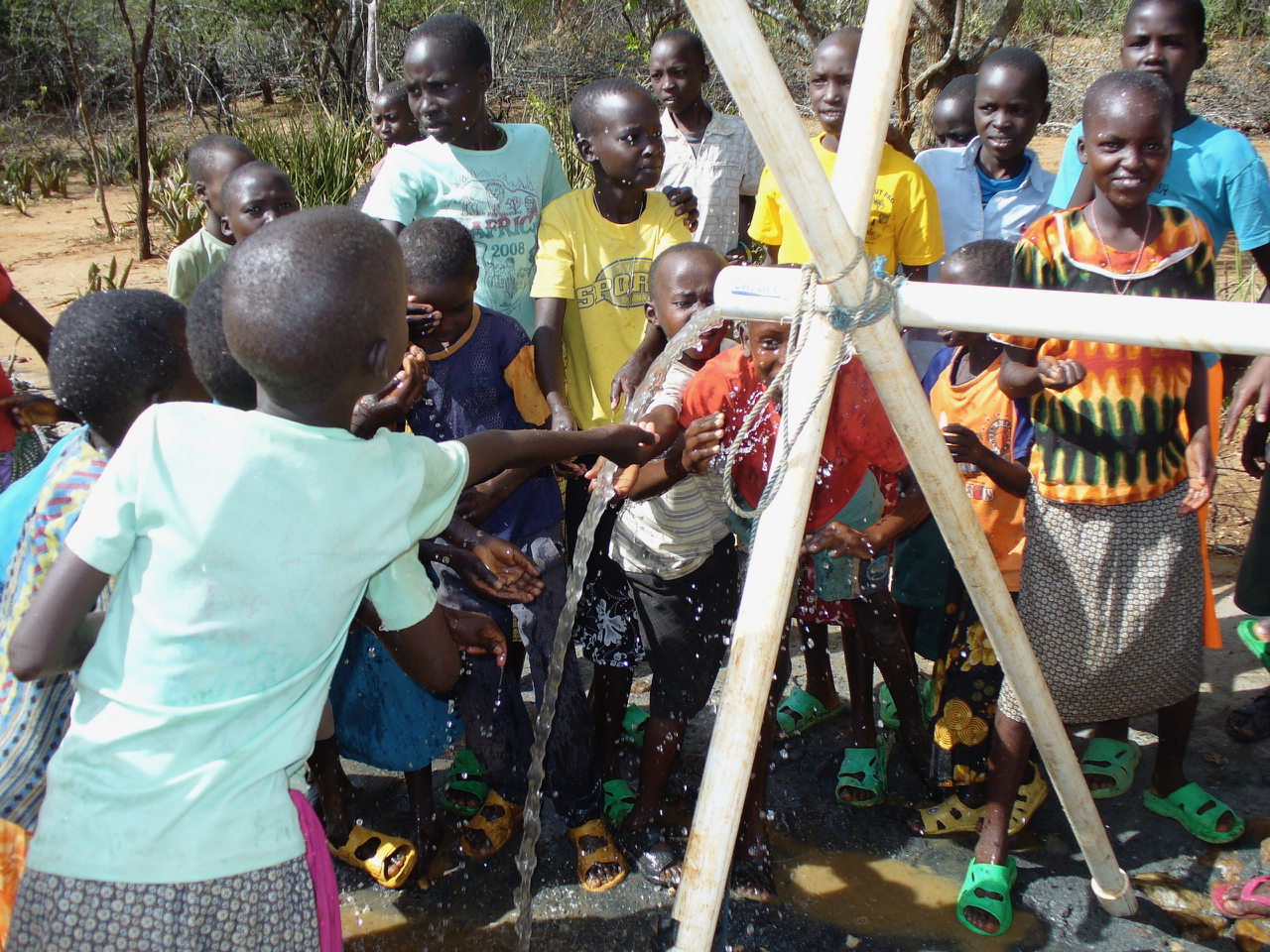Kenya Health Partnership and Change for Children
by Dr. Tom Ginn, MD
Recognizing education as a critical factor in community development, stability, and identity, Africa Exchange envisioned and created Change for Children in 2005 with the goal of establishing early childhood education centers, known as Integrated Child Development Centers (ICDCs). ICDCs have been established in close partnership with churches and community groups in marginalized areas in eight regions of Kenya.
In keeping with the 'quick wins' associated with UN Millennium Development Goal #4 of the time and in view of the intimate and interrelated nature of education and health issues, Africa Exchange sought to identify healthcare interventions that enhanced and complemented childhood education. Four specific interventions were chosen as our initial focus: 1. Clean water/sanitation; 2. Parasite treatment; 3. Malaria prevention; 4. Nutritional/vitamin support.
Diarrhea and waterborne diseases contribute to significant morbidity and mortality in Kenya (and all of sub-Saharan Africa), especially in preschool children. Interventions implemented at ICDC’s to address this include provision of safe drinking water from wells and rainwater collection systems, as well as providing basic sanitation via pit latrines.
Parasitic diseases, primarily intestinal worms (roundworms and hookworms), cause significant problems in children, particularly anemia and nutritional deficiencies. The World Health Organization reports that periodic (twice yearly) treatment of children with parasite medications – referred to as “deworming”- results in significant improvements in both physical and cognitive development, particularly when combined with nutritional supplementation. Deworming medications provided by Africa Exchange are inexpensive, well tolerated, and easily administered by teachers at all ICDC’s twice yearly.
Nutritional deficiencies are major challenges in children, especially when related to parasitic diseases. To augment deworming, and in view of other nutritional deficiencies, all children at ICDC’s are provided with vitamin supplements and with a daily meal of nutritionally fortified porridge.
Malaria is another major health issue which causes one out of four child deaths in Kenya. Mosquitos which carry malaria in this area of Africa primarily feed during the night between midnight and five AM. Sleeping under insecticide treated bednets reduces the incidence of acute malaria by about 70%. For a number of years and assisted by ‘His Nets,’ Africa Exchange has provided children and families with bed nets through the ICDC’s.
It is our belief that in these vulnerable communities, early childhood education intimately complimented by appropriate healthcare interventions will result in stronger, healthier, more resilient and more productive communities.




